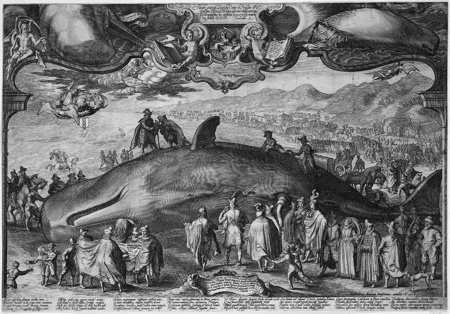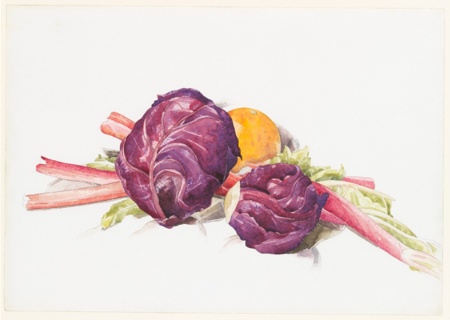“‘O Patagonia!’ he cried. ‘You do not yield your secrets to fools. Experts come from Buenos Aires, from North America even. What do they know? One can but marvel at their incompetence. Not one paleontologist has yet unearthed the bones of the unicorn.’
‘The unicorn?’
‘Precisely, the unicorn. The Patagonian unicorn was contemporary with the extinct megafauna of the Late Pleistocene. The last unicorns were hunted to extinction by man in the fifth or sixth millennium B.C. At Lago Posadas you will find two paintings of unicorns. One holds its horn erect as in Psalm 29: “My horn shalt thou exalt like the horn of an unicorn”. The other is about to impale a hunter and stamps the pampas, as described in the Book of Job.’ (In Job 38:21 it is the horse that ‘paweth the valley’, while in verses 9–10 the unicorn is found unfit to haul a plough.)”
(Bruce Chatwin, In Patagonia, p. 73.)

